Agriculture and Feed News
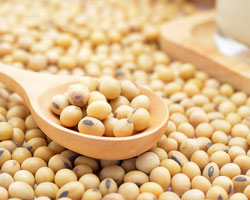
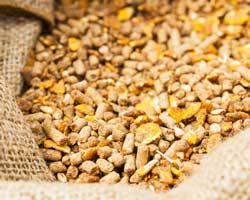
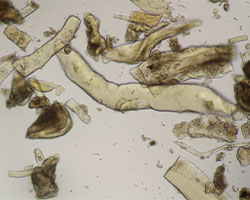
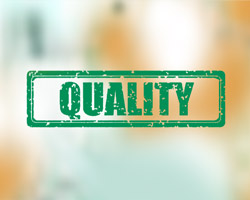
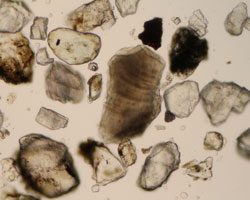

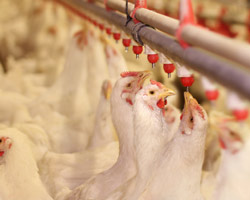
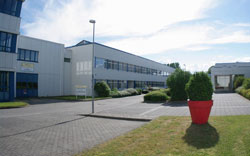

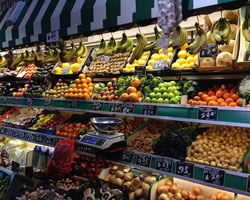

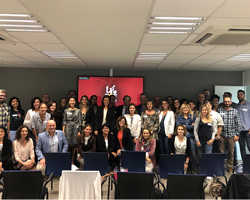
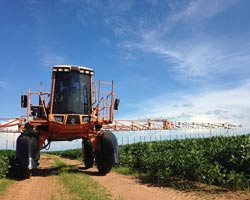

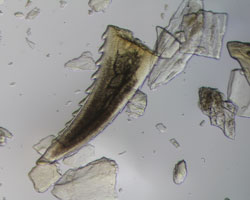

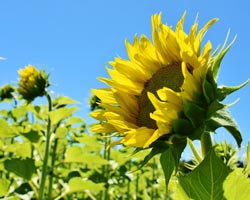
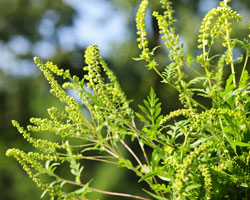
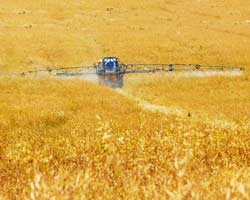


Laboratory service
We are only satisfied when you are! The relentless commitment to delivering reliable and timely results is what distinguishes AGROLAB's laboratories. Since its founding, AGROLAB has stood for excellent service in analysis.
-
Consultation and Support
Expert advisors, free additional services, and more. AGROLAB stands for excellent service.
Learn more -
Sampling
Fast, affordable, and professional sampling by AGROLAB - across all of Germany.
Learn more -
Sample Logistics
Materials for sampling and sample collection. Fast, easy, and available across Europe.
Learn more -
ALOORA Customer Portal
Our online portal simplifies and speeds up the processing of your analysis. Get informed now.
Learn more

 Contact
Contact Contact
Contact Career
Career